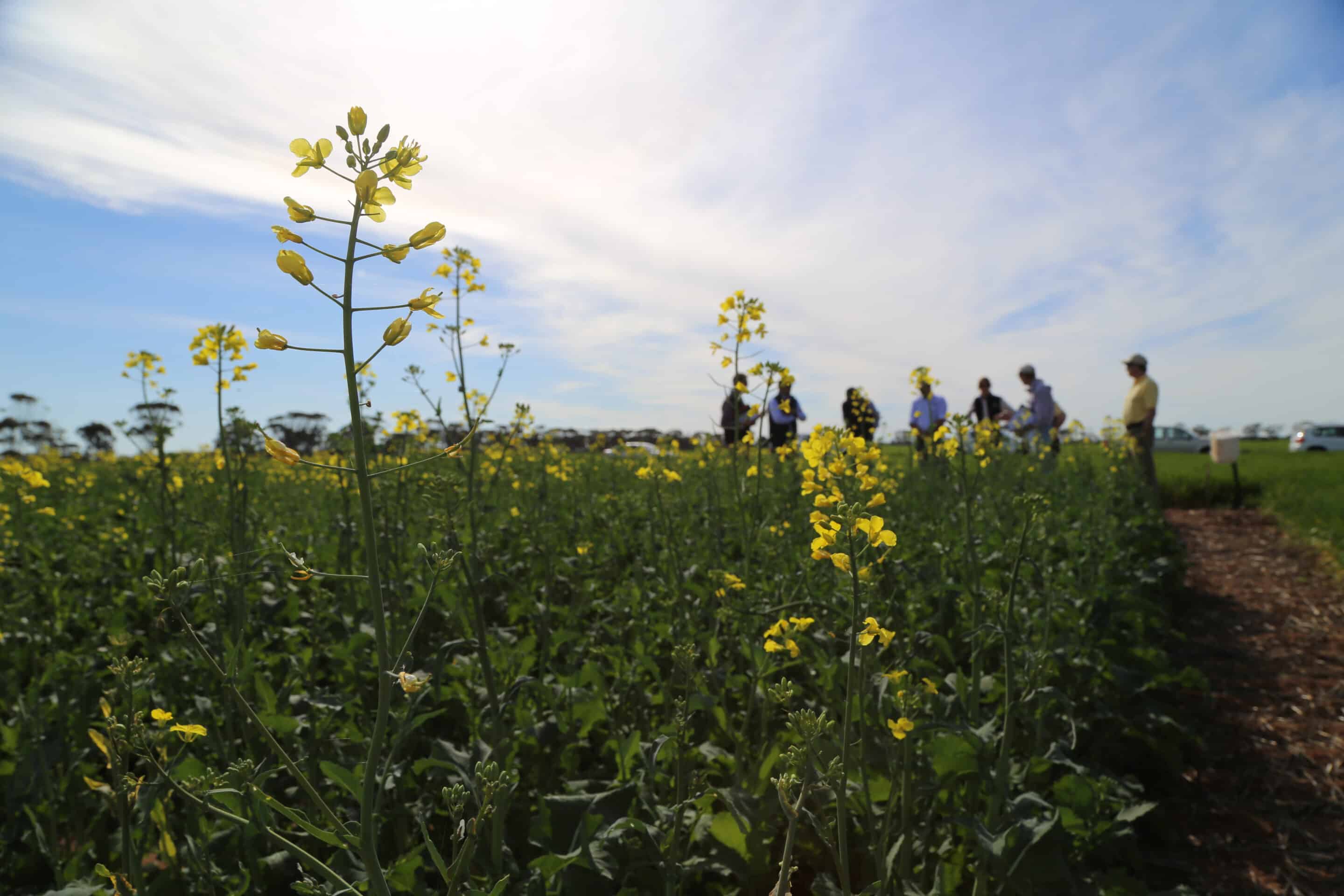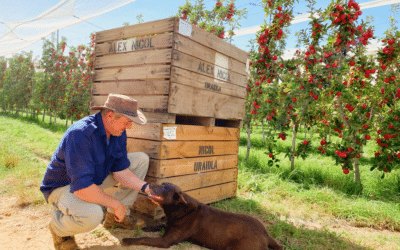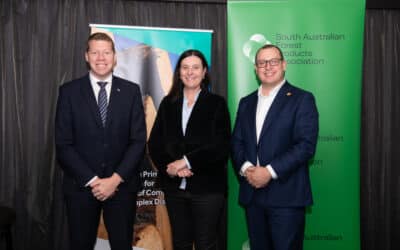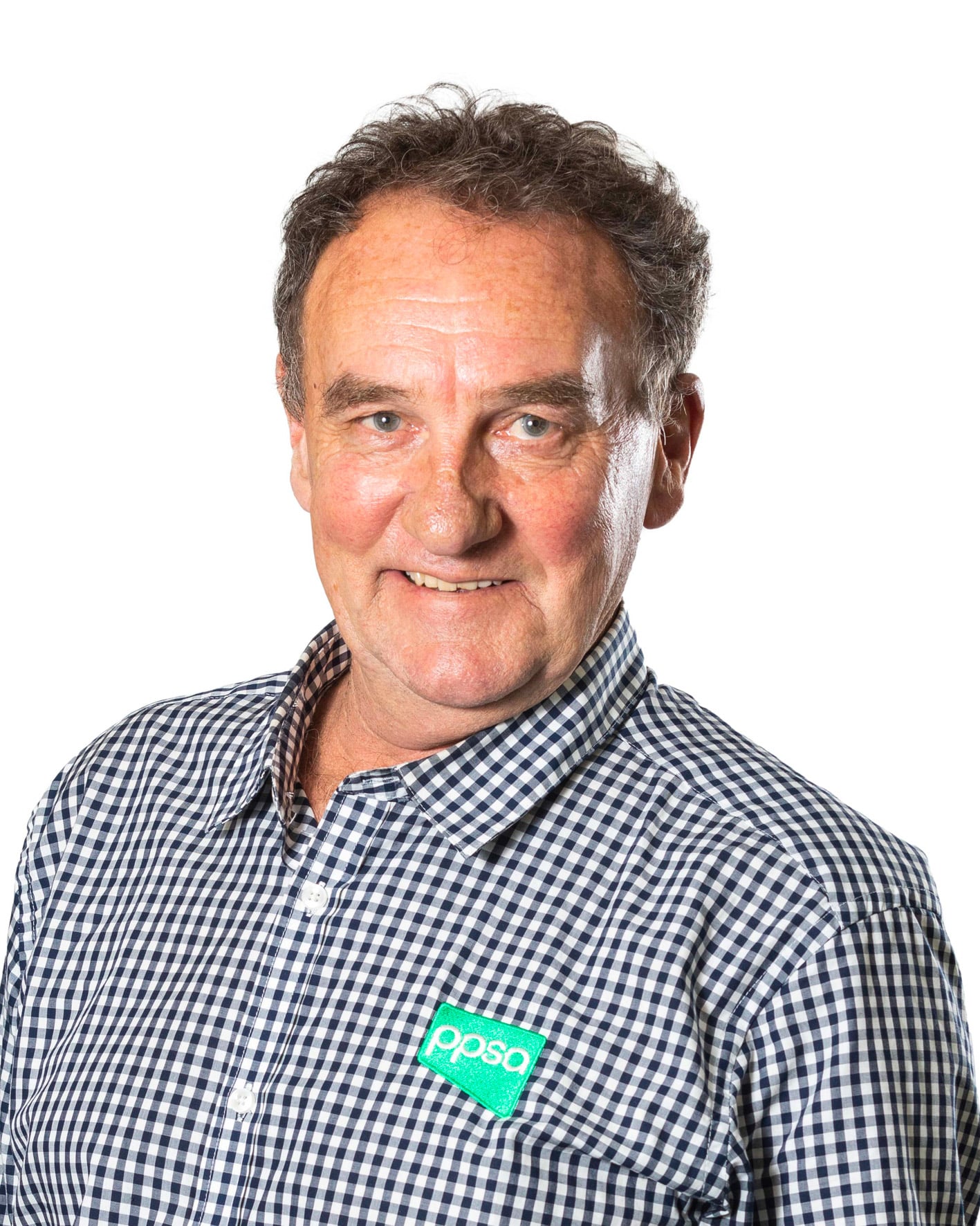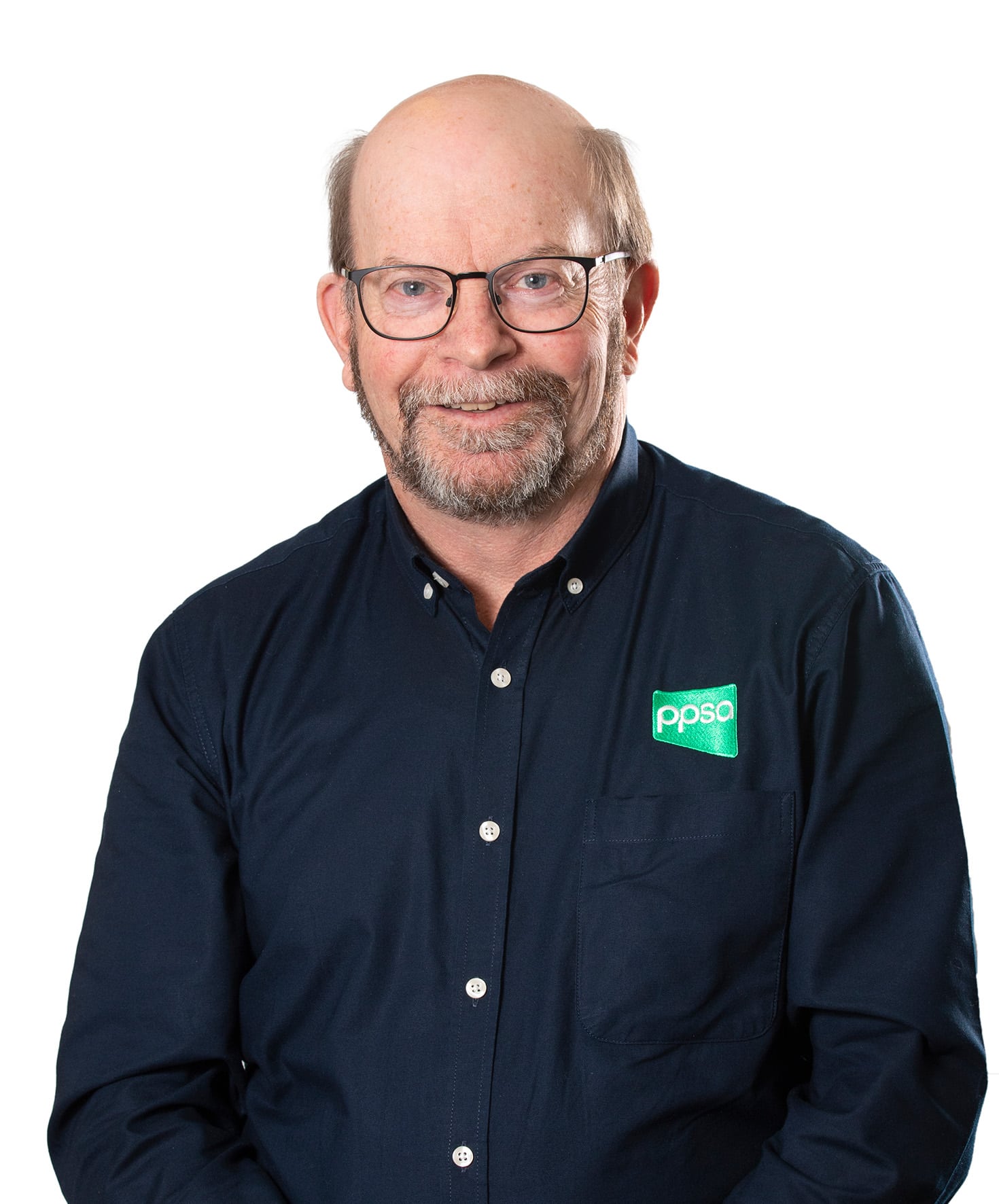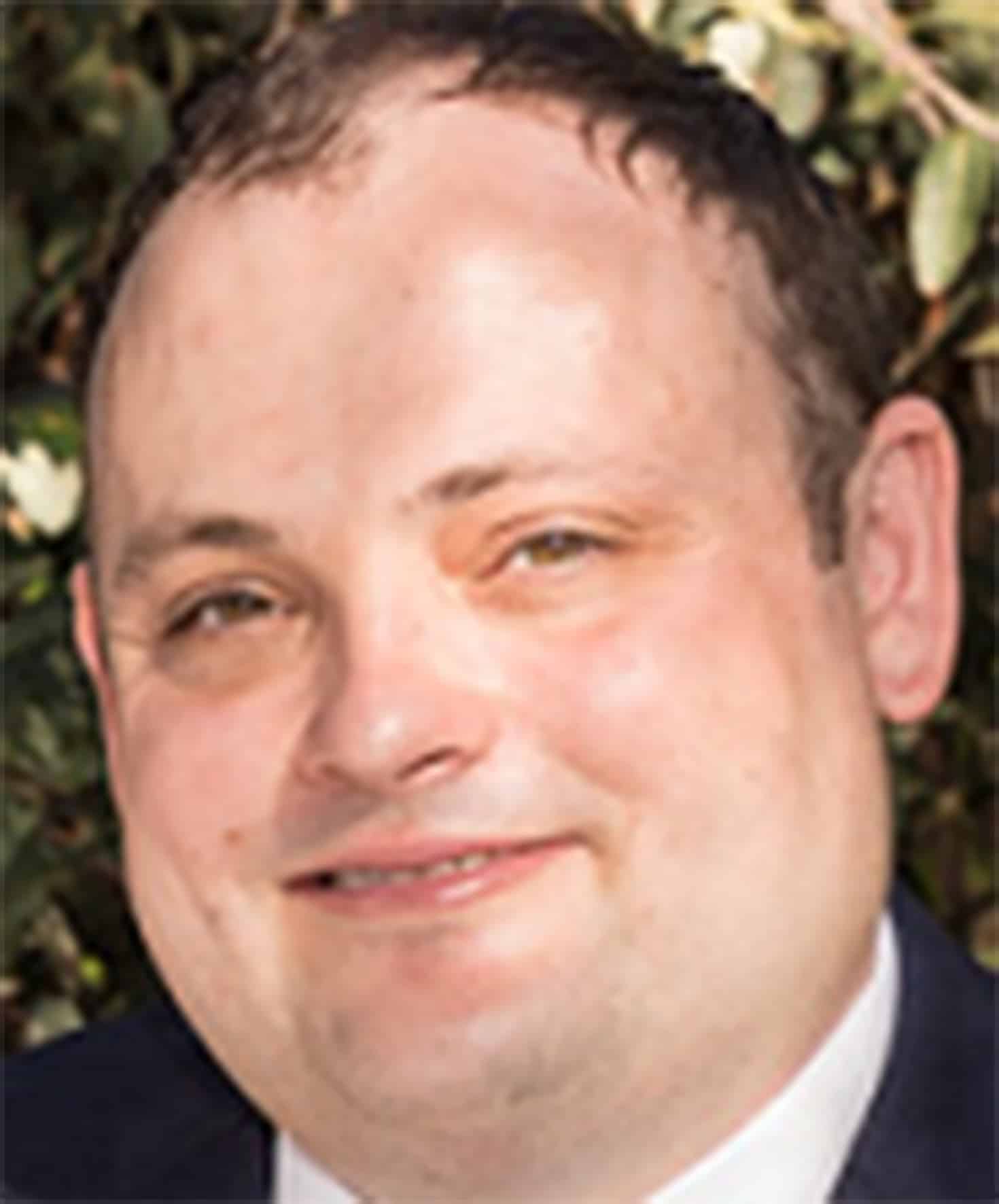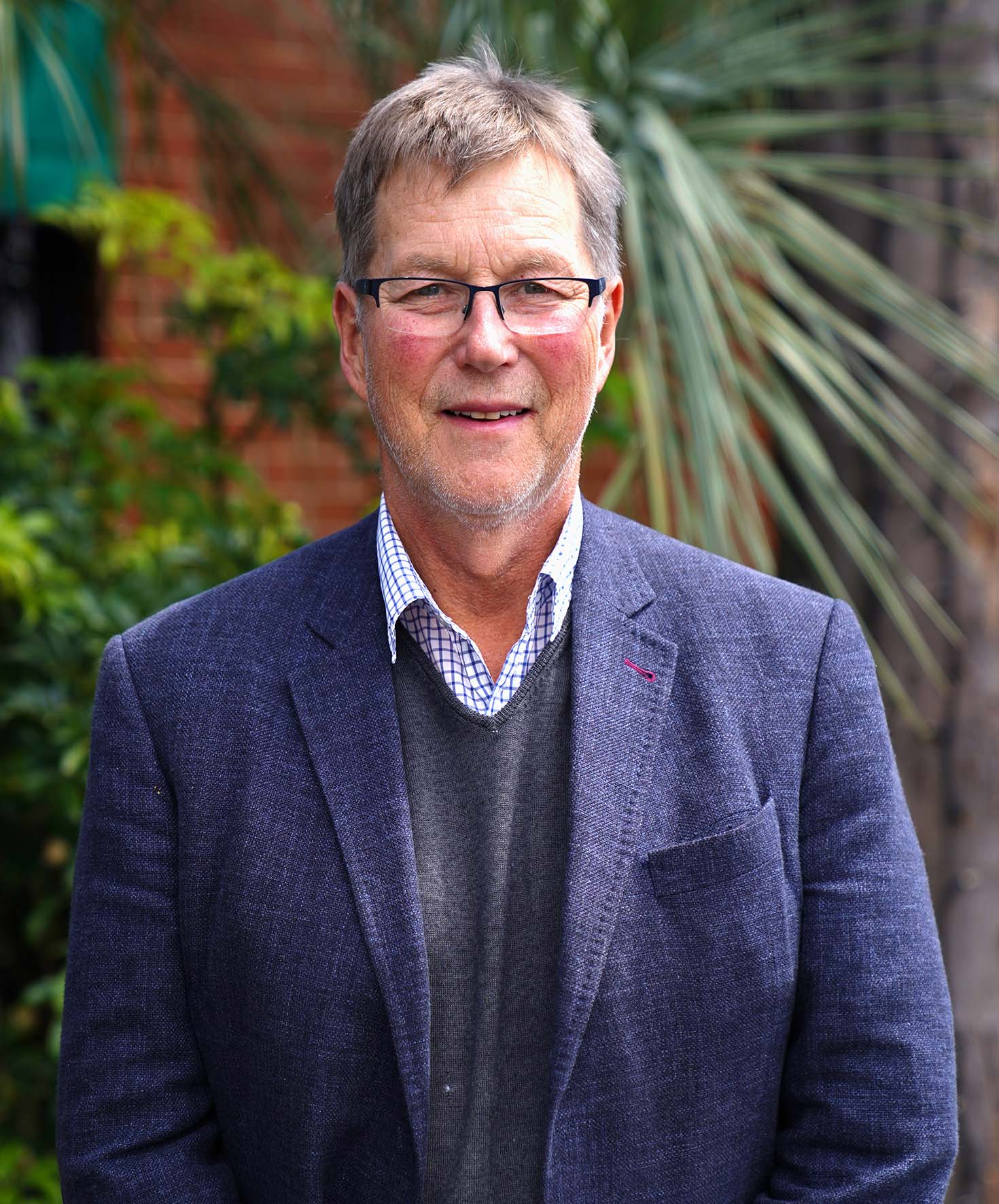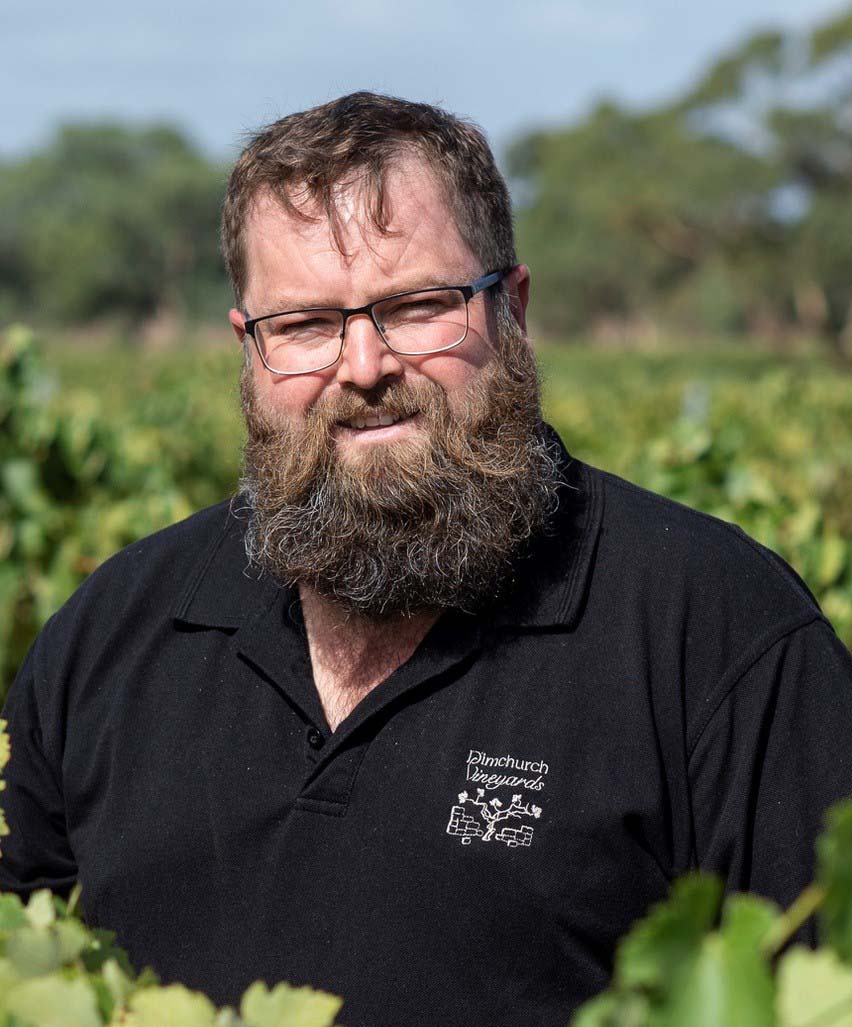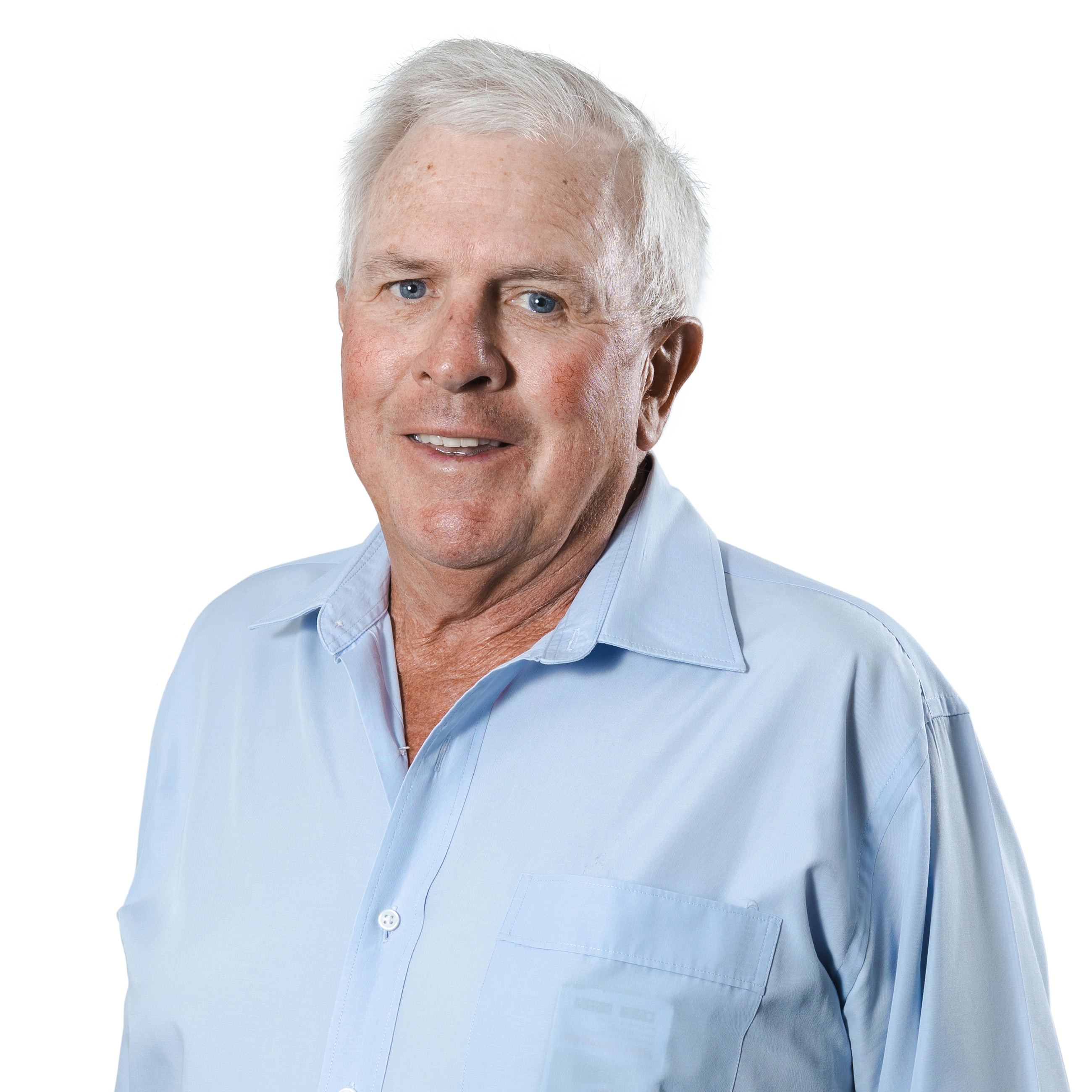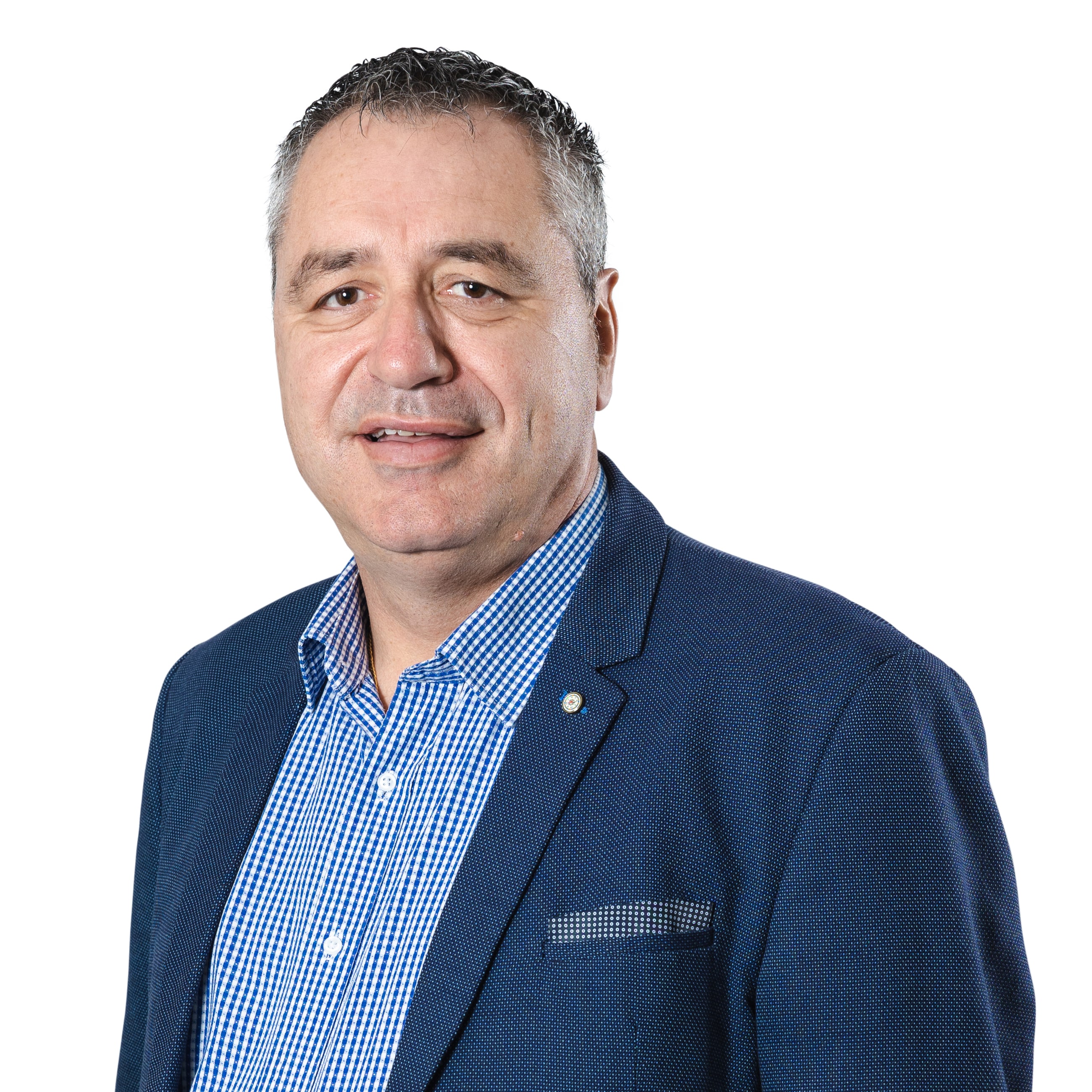Primary Producers SA has welcomed the Malinauskas Government’s commitment to improving road safety, investment in biosecurity preparedness and building industry resilience as part of the 2023-24 State Budget.
Funding these key areas is crucial as agriculture continues to underpin the state’s economy, as evidenced by the latest PIRSA Industry Scorecard, which reported in 2021-22 SA’s primary production and agribusiness sectors generated $17.3 billion in revenue.
PPSA is acutely aware of the vital role that safe, efficient and cost-effective transport plays in our state, with an allocation of $56.2 million funding for new upgrades to regional roads, as well as more than $350 million in road maintenance, and increased road safety awareness, beneficial for regional communities.
Ongoing strong investment in traceability and biosecurity support is crucial to help protect SA’s farming sector against the continued looming threat of disease incursion.
PPSA has welcomed the state government’s funding announcements including $25 million over two years to undertake significant emergency fruit fly response activities, subsidising the cost of eID tags to enable sheep and goat producers transition to electronic identification, biosecurity funding to protect against Emergency Animal Diseases and $3.7 million over four years to combat Electric Ants, Varroa Destructor (mite) and Polyphagous Shot-hole Borer (beetle).
PPSA Chair Professor Simon Maddocks said continuing to protect South Australian farmers from disease incursions was crucial to support both on-farm productivity and to help underpin the state’s international competitiveness in the trade of agricultural goods.
“The $25 million investment in fruit fly response activities outlines the commitment to maintaining SA’s pest-free status and keeping markets open for SA’s produce,” he said.
“The government’s commitment to supporting sheep and goat producers to implement eID, which sits alongside the Federal Government’s contribution, will bolster traceability and enable a quick and efficient response if a disease incursion is detected in SA. Should an incursion occur, the $6.8 million allocated through the Emergency Animal Diseases package will assist.”
PPSA has been working alongside its commodity group members, including Livestock SA and the South Australian Dairyfarmers’ Association, in the continued fight against Emergency Animal Disease incursions. Modelling from ABARES has shown that a large outbreak of FMD could potentially cost the Australian economy about $80 billion across 10 years.
At both ends of the climate spectrum, a package of $142.8 million over three years will go a long way to helping Riverland communities get back on their feet after the River Murray floods, while funding in the SA Drought Hub and farm business resilience programs continues.
“These investments support PPSA’s objective of an innovative, profitable, and sustainable primary production sector in South Australia resilient to external shocks and emerging risks,” Prof Maddocks said.
Another funding announcement that has been welcomed by PPSA was the establishment of the Regional Key Worker Housing Scheme and the Office for Regional Housing. Availability of adequate housing for regional workers continues to be a major challenge to the agricultural sector, particularly at peak times such as vintage and harvest.
Disappointingly, there appears to be a continued lack of foresight from government on the importance of long-term research and development, with the South Australian Research and Development Institute once again overlooked for a funding boost.
“While PPSA welcomes the removal of the efficiency dividend to PIRSA’s budget position, there has been a concerning trend of less funding for key programs at SARDI over the past decade, and that is a trend PPSA would like to see reversed.”
“With six jobs for every Agricultural Science graduate, the primary industries sectors will continue to play a major role in SA’s transition to a green, net zero economy and innovation investment in our sectors needs to reflect this. We believe it is timely to put the focus on our public research effort to support this transition and will be working with government to see a funding boost in future years,” Prof Maddocks concluded.

